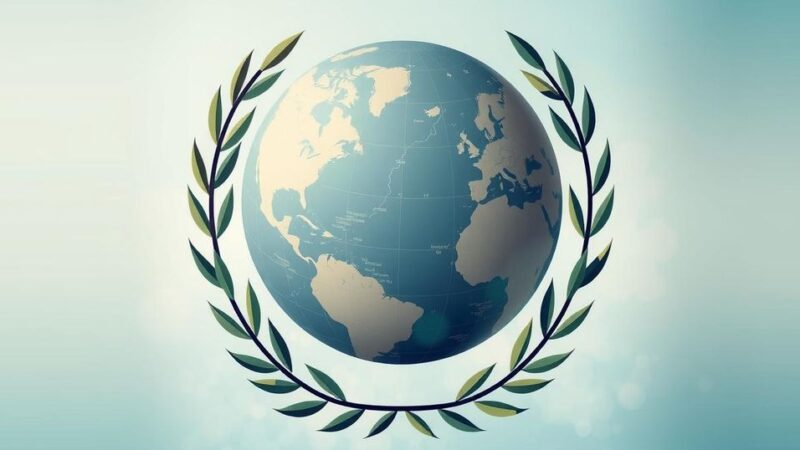Marco Rubio will skip the G20 meeting in South Africa amidst President Trump’s allegations of land confiscation. Trump has threatened to cut funding to South Africa, leading President Ramaphosa to defend the nation’s land policies. The issue of land ownership in South Africa remains deeply contentious, with historical roots in colonial and apartheid eras.
US Secretary of State Marco Rubio has announced that he will not attend the impending G20 meeting scheduled for February 20-21 in Johannesburg, South Africa. This decision follows President Donald Trump’s recent remarks regarding South Africa’s land policies, which he claims involve land confiscation and mistreatment of specific groups. In response, South African President Cyril Ramaphosa defended his nation’s approach to land reform, asserting that there has been no confiscation of land and that the objective is to provide equitable access for all citizens.
The backdrop of this political tension lies in the sensitive issue of land ownership in South Africa, a nation still grappling with the historical injustices stemming from colonialism and apartheid. Approximately 75% of agricultural land is currently owned by white South Africans, while Black South Africans, who comprise about 80% of the population, hold only 4%. In an effort to address these long-standing disparities, legislation was enacted to enable the state to expropriate land in the public interest.
In conclusion, Secretary Rubio’s absence from the G20 meeting reflects the escalating strain in US-South African relations following President Trump’s allegations regarding land policies. While President Ramaphosa seeks to ensure equitable land access, the topic remains a touchstone for broader discussions on race relations and historical injustices in South Africa. This ongoing discourse will likely continue to influence diplomatic interactions in the future.
Original Source: www.indiatoday.in






